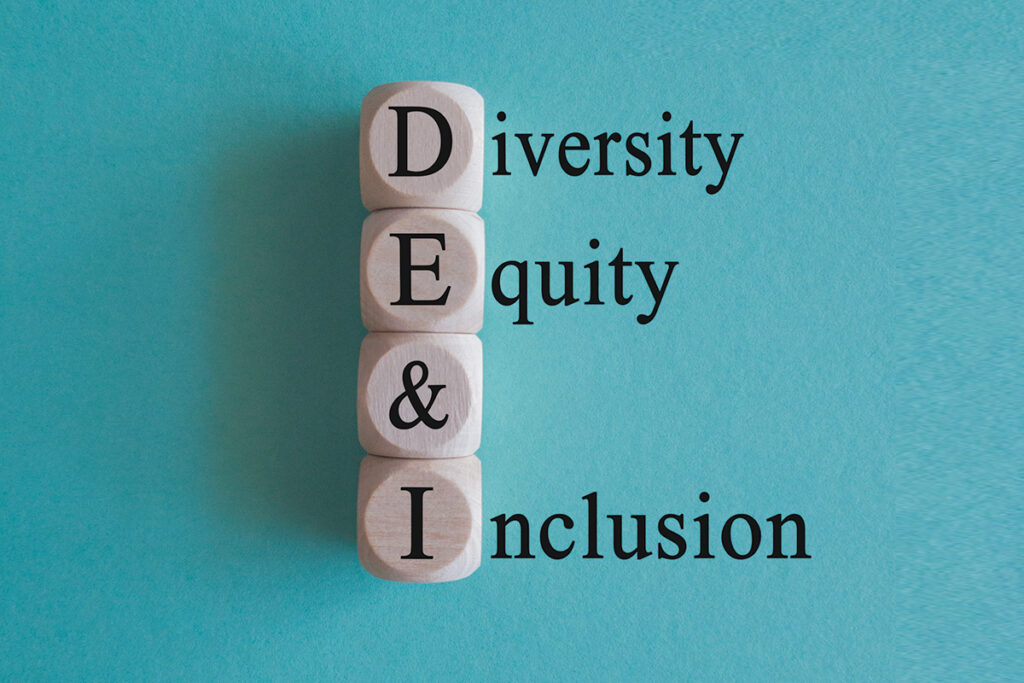Greater clarity on what works—and conversely what does not—can help leaders effectively create change that matters
Words by Zainab Patel
As an Inclusion, Diversity, and Equity (IDE) practitioner, I have noticed over the last several years an increased level of interest and urgency around cultural diversity, inclusion, equity, and belonging. From the Black Lives Matter movement in the United States, to the war in Ukraine, the recession in Sri Lanka, and of course now the Palestine – Israel conflict, there’s no lack of bad news about the current state of IDE, no matter which part of the world you belong to – West or East, North or South.
During COVID, I started reading on change management. One model developed by Prosci titled ‘ADKAR’ (Awareness, Desire, Knowledge, Ability, and Reinforcement) stood out specifically for me, more so when I penned down my thoughts for this article. The theory is very simple; change can be made and sustained by making people aware of the need for change, creating the desire for the possibility the change represents, providing people with the knowledge about what the change entails and the ability to act within the new paradigm, and then reinforcing the desired behaviours and environment over time.

What the research shows below is how vital it is that people who are privileged willingly take on creating the awareness and knowledge for themselves, so they can co-create a world that works for all, rather than relying on underrepresented groups to provide the awareness and knowledge, or police the reinforcement.
Conversations about work have turned to questions of culture, consistency, and inclusion. How might we make sure everyone feels they’re part of the same company culture? How might we make sure everyone feels included, regardless of their location? How might we make sure people feel included no matter who they are?
Increasing Awareness and Advocacy
As awareness of inclusion and diversity issues grows, there is likely to be increased advocacy for equal rights and opportunities for all individuals, regardless of their background, gender, ethnicity, or other characteristics.
Corporate Initiatives
Many companies are recognising the importance of diverse and inclusive workplaces. Expect more organisations in India to adopt and strengthen policies and initiatives promoting diversity at all levels, from entry-level positions to leadership roles.
Government Policies
Government policies and regulations may continue to evolve to promote inclusivity and diversity across sectors. This could include affirmative action programs, anti-discrimination laws, and other measures aimed at creating a more equitable society.
Education and Training
Educational institutions and workplaces may increasingly focus on diversity and inclusion training to foster a culture of respect and understanding. This could include curriculum changes, workshops, and awareness campaigns.
Technology and Remote Work
The growth of remote work and reliance on technology might influence inclusivity. Virtual work environments could potentially offer more flexibility for individuals with diverse backgrounds and abilities, although challenges such as the digital divide need to be addressed.
Social Movements
Social movements and grassroots activism often drive change. Continued activism and advocacy for the rights of marginalised groups may shape policies and societal attitudes toward greater inclusivity.
Cultural Shifts
Societal attitudes toward diversity and inclusion may continue to evolve, challenging traditional norms and fostering a more accepting and inclusive society.
Intersectionality
Recognition of intersectionality, where individuals may face overlapping forms of discrimination or disadvantage, could become more prevalent in discussions about inclusion and diversity.
Measuring Progress
Organisations and policymakers may increasingly emphasize the importance of measuring and reporting on diversity metrics to track progress and hold institutions accountable for creating inclusive environments.
Global Influences
Global movements and trends regarding inclusion and diversity may influence India. International collaborations, partnerships, and best practices could play a role in shaping the approach to these issues.
It’s important to note that progress in these areas depends on the collective efforts of individuals, organisations, and policymakers. The future of inclusion and diversity in India will likely be shaped by a combination of societal, economic, and political factors, as well as the ongoing efforts of those advocating for positive change.
I ask you all to think wider, to think of the world, to live inside and outside your context and place, be respectful, be empathetic and re-think what you know and have learned. Come be a student or a teacher, be a guide or a helper. Do not be a bystander. Engage.
Born in Mumbai, Zainab (she/her/hers) is a transgender person and is one of the petitioners in the National Legal Services Authority v. Union of India case on transgender rights and in the marriage equality case. She currently works with Pernod Ricard India as the Chief – Inclusion and Diversity. Prior to this she worked with KPMG as the Director – Diversity and Inclusion.
Zainab holds an MBA in HR and was the National Manager – Health and Human Rights at the UNDP country office in India and was the regional policy analyst on human rights in Asia. Her areas of interest are health and social development issues, and has over 20 years of national and international work experience.
Zainab currently serves as the Western India representative in the National Council for Transgender Persons. She is a Kamalnayan Bajaj Fellow, a part of the Aspen Global Leadership Network.


